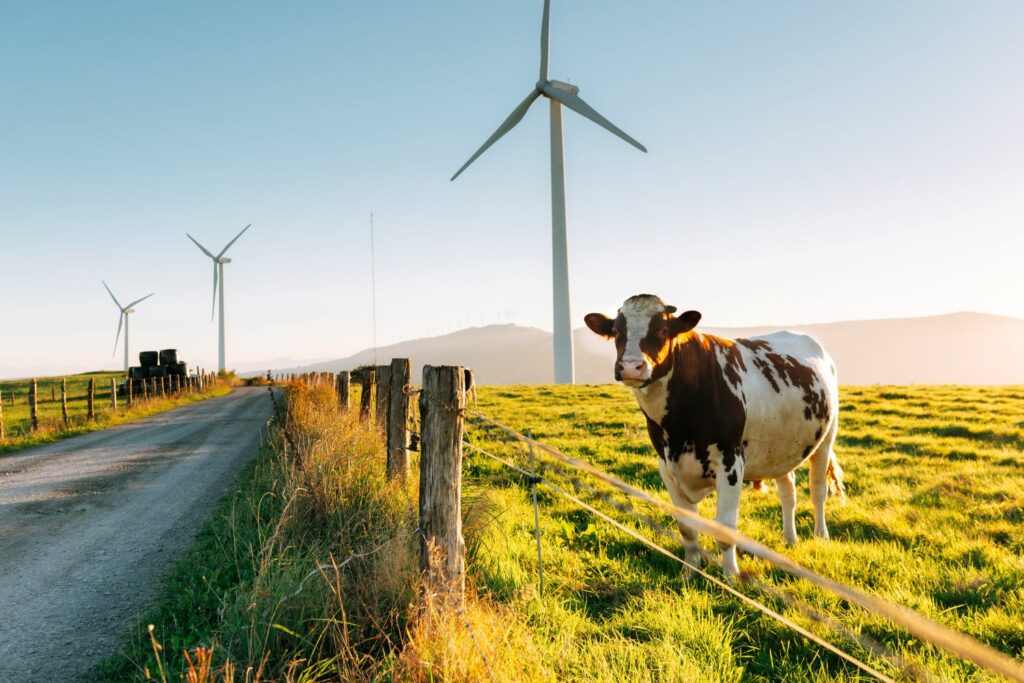NFU unveils farm business resilience plans at annual conference
23rd February 2023
The NFU has launched its sector-specific plans for boosting farm business resilience and climate-friendly farming yesterday (22nd February), which outline how farmers can unlock the benefits of increased efficiency and lower costs while improving the sustainability of food production.
The plans detail the different priority areas for each sector and identify government policies needed to overcome key challenges, such as incentivising recognised carbon and nutrient benchmarking and accounting to support climate-friendly farming.
Some calls for action from the government are similar across several plans, such as improved knowledge sharing, more support for greenhouse gas (GHG) auditing, and easier planning and connection for renewables.
At the annual conference, NFU deputy president Tom Bradshaw highlighted the importance of climate-friendly farming and building business resilience in overcoming the barriers to producing both financially and environmentally sustainable British food.
“Smart and efficient farming – climate-friendly farming – is at the heart of building business resilience with the potential to help farmers and growers reduce costs, increase market access and build the sustainability credentials of British food, all while reducing greenhouse gas emissions.”
“And if we want British food to continue to be the product of choice for people at home and abroad, it is essential that we have the data and evidence to show we really are producing climate-friendly food,” he stressed.
“These sector plans are just a starting point and there is much more work to do within government, the industry, and research and development, if we are all to be successful in our collective ambition to reach net zero.”
The plans, which will evolve according to the policy required, the technology available and best practice, cover the following sectors:
An overarching theme across all sector plans is the notion that climate-friendly farming is good for business and can increase efficiency and lower costs while improving the sustainability of food production. Moreover, farmers can achieve better market access, cost reductions, business resilience and consumer approval, all while reducing carbon footprint.
Mr Bradshaw added: “Our farmers and growers are starting to recognise the importance of the triple bottom line of people, planet and profit.
“Our customers and consumers want the same – cutting emissions to contribute to net zero while looking after our wider environment – and we have our part to play.”
He emphasised that giving back to nature is not solely the responsibility of primary producers, and the government, the research community, industry and consumers must all contribute to the common goal.
“If we want to compete on the international stage we need to proudly proclaim and evidence that we are producing some of the most climate-friendly food. Indeed, being able to demonstrate this is vital to help differentiate us from our global competitors,” Mr Bradshaw added.
All sector plans are based around the three NFU net zero pillars established in 2019 as part of the 2040 net zero ambition for the agriculture industry:
- Improving farming’s productive efficiency
- Improving land management and changing land use to capture more carbon
- Boosting renewable energy and the wider bioeconomy
The NFU reminded farmers that, while not every farm is expected to reach net zero by the target year, all can strive to reduce greenhouse gas emissions as far as reasonably possible and produce climate-friendly British food, energy and fibre for the nation.

